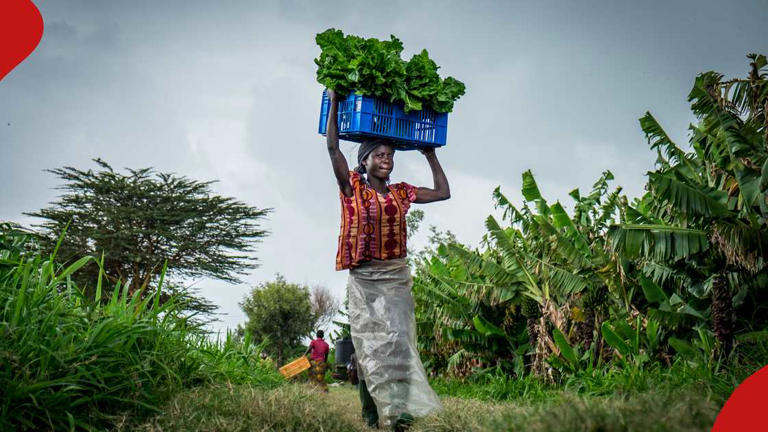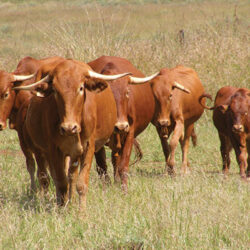Despite numerous government interventions, food prices in Nigeria continue to soar, placing a heavy burden on ordinary citizens. This persistent challenge, a recurring theme across successive administrations, underscores the complex interplay of factors contributing to food insecurity.
Insecurity remains a major obstacle, with farmers facing the constant threat of violence and kidnapping. “Once you have insecurity that is preventing our farmers from going to their farms seamlessly, definitely the productivity is impaired,” warns Kabir Ibrahim, President of the All Farmers Association of Nigeria (AFAN). This pervasive fear has a direct impact on agricultural output, as farmers are reluctant to cultivate their land.
Climate change further exacerbates the situation. “Before now, we used to have flooding in 10-year intervals,” Ibrahim points out. “Now, we have been experiencing flooding for four consecutive years.” These extreme weather events, coupled with unpredictable rainfall patterns, disrupt crop cycles and decimate yields.
The government has taken some steps to address these challenges. The National Agriculture Development Fund (NADF) recently signed a contract for 2,000 John Deere tractors, a crucial step towards mechanizing agriculture and boosting productivity. Furthermore, a partnership between the Ministry of Agriculture and Food Security and the Nigerian Identity Management Commission (NIMC) aims to create a comprehensive database of farmers, ensuring that government support reaches genuine cultivators.
However, significant hurdles remain. High interest rates continue to stifle agricultural growth, making it difficult for farmers to access the necessary financing for inputs, equipment, and expansion. Moreover, the government must urgently address the issue of insecurity, bolstering security measures to protect farmers and their livelihoods.
The looming threat of climate change demands a proactive and comprehensive response. Investing in climate-resilient agricultural practices, such as drought-resistant crops and improved irrigation systems, is crucial to mitigating the impact of extreme weather events.
Ultimately, achieving food security requires a multi-pronged approach that addresses the root causes of the problem. This includes enhancing agricultural infrastructure, improving market access, and empowering smallholder farmers through access to credit, technology, and knowledge.
The government must prioritize these critical interventions to ensure food security for all Nigerians and alleviate the growing burden of food inflation.




